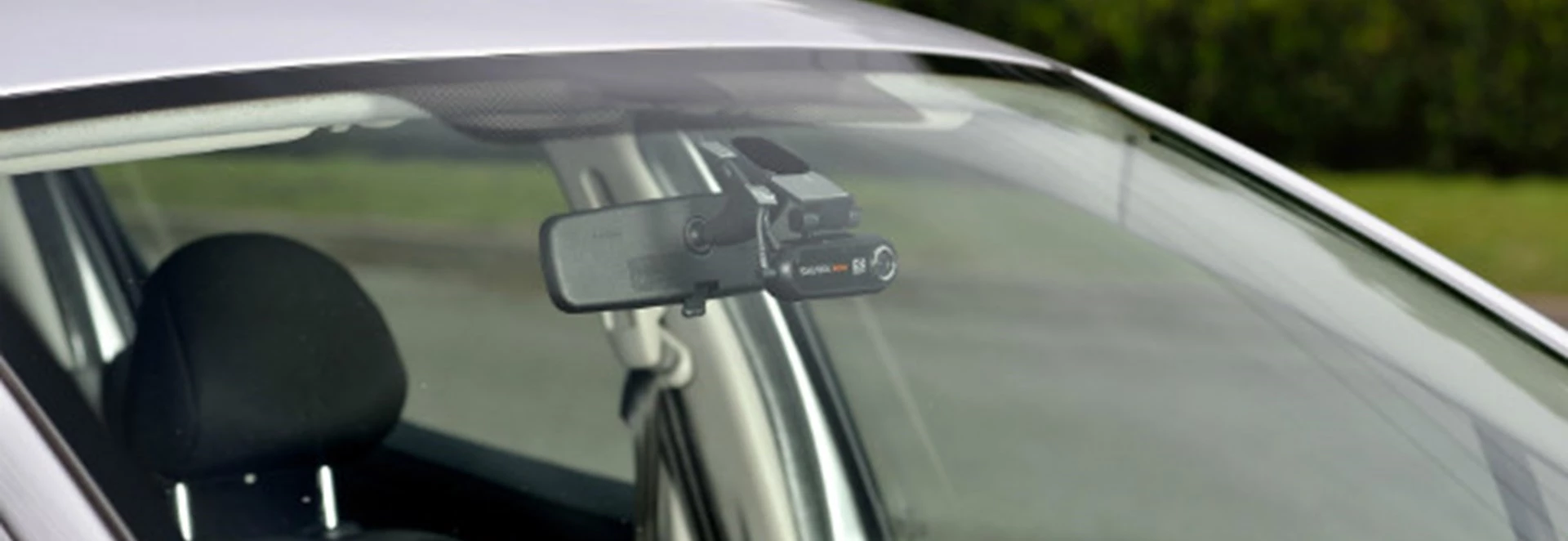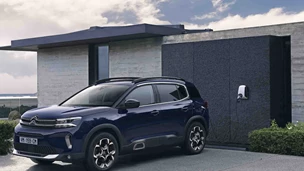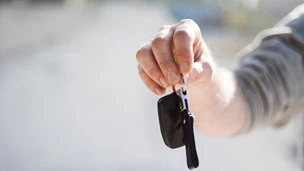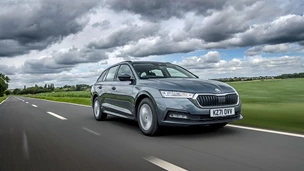In recent years, the use of dashcams in cars has grown rapid in popularity among Britain’s drivers.
In fact, based on a survey from the RAC, it’s estimated that nearly three million British drivers already have a dashcam fitted to their car. Furthermore, it’s believed over half of all drivers in this country are considering having a dashcam fitted to their car.
In this guide, we explain the potential benefits of having a dashcam in your car, as well as other things to keep in mind if you’re thinking of getting one.
What is a dashcam?
A dashcam is a small camera that’s typically attached to the car’s interior windscreen or to the top of the dashboard. It may be attached with either a suction cup or with tape.
What a dashcam does is continuously record what can be viewed through the vehicle’s windscreen. There are some dashcams on the market, however, that can potentially be used to record the view from a vehicle’s rear window as well as the front.
The benefits
The main motivation for drivers to get a dashcam installed in their car is to protect themselves from blame if they are involved in an accident that isn’t their fault.
Footage from a driver’s dashcam can prove to be very useful evidence for the police and insurance companies when trying to establish who caused an accident.
Such evidence is especially welcome if another driver has gone as far as to attempt insurance fraud. The footage could even lead to prosecution against whoever makes such an act.
Cost and quality of dashcams
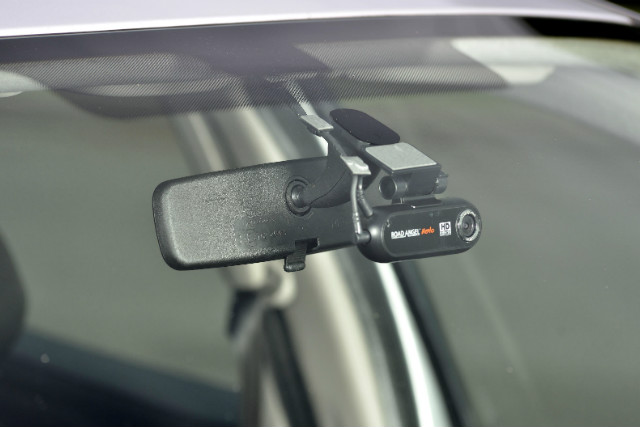
If you’re thinking of buying a dashcam for your car, then prices can vary widely. While dashcams can be found available to purchase for less than £30, the highest quality products can see you paying over £100.
While many of these products have front facing cameras only, there are some available which offer rear facing cameras. You’ll have to view the product details carefully first, however, if that’s what you really want.
Whatever sort of price range you’re looking at there are some things to look out for when picking a dashcam for your car.
First of all, you’ll want the best-quality footage possible coming from your dashcam so check that the camera you’re looking at records in high definition.
Ideally as well, you’ll also have a camera that can provide a clear picture during both daytime and night time, so it’s worth checking the product description and customer reviews for reference to this.
Most dashcams also record on a loop and include a G-sensor. The latter feature can detect sudden movements - presumably caused by an impact, for instance – and when it does, it ensures this section of the video won’t be overwritten. Check if the dashcam you’re considering buying has this feature as well.
Remember as well that some dashcams can also boast non-essential but handy add-ons such as GPS tracking and speed logging.
Dashcams tend to store footage on SD cards, but while some products will come with a free SD card included it might actually be able to support SD cards with larger memory storage. Therefore, a larger amount of footage can be stored. You could consider keeping some spare SD cards in your car in case the dashcam catches something worth saving and you want to protect the footage better.
